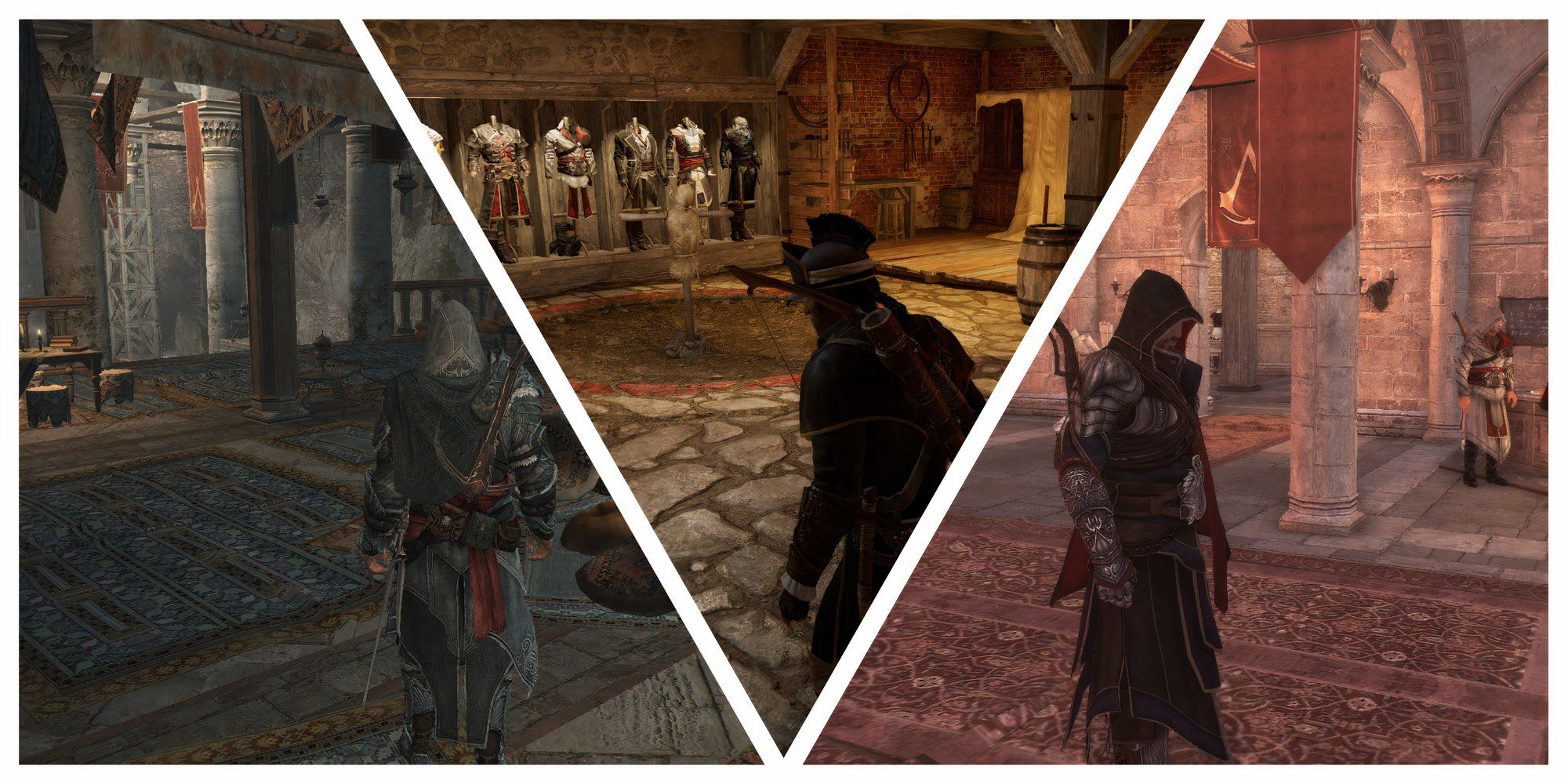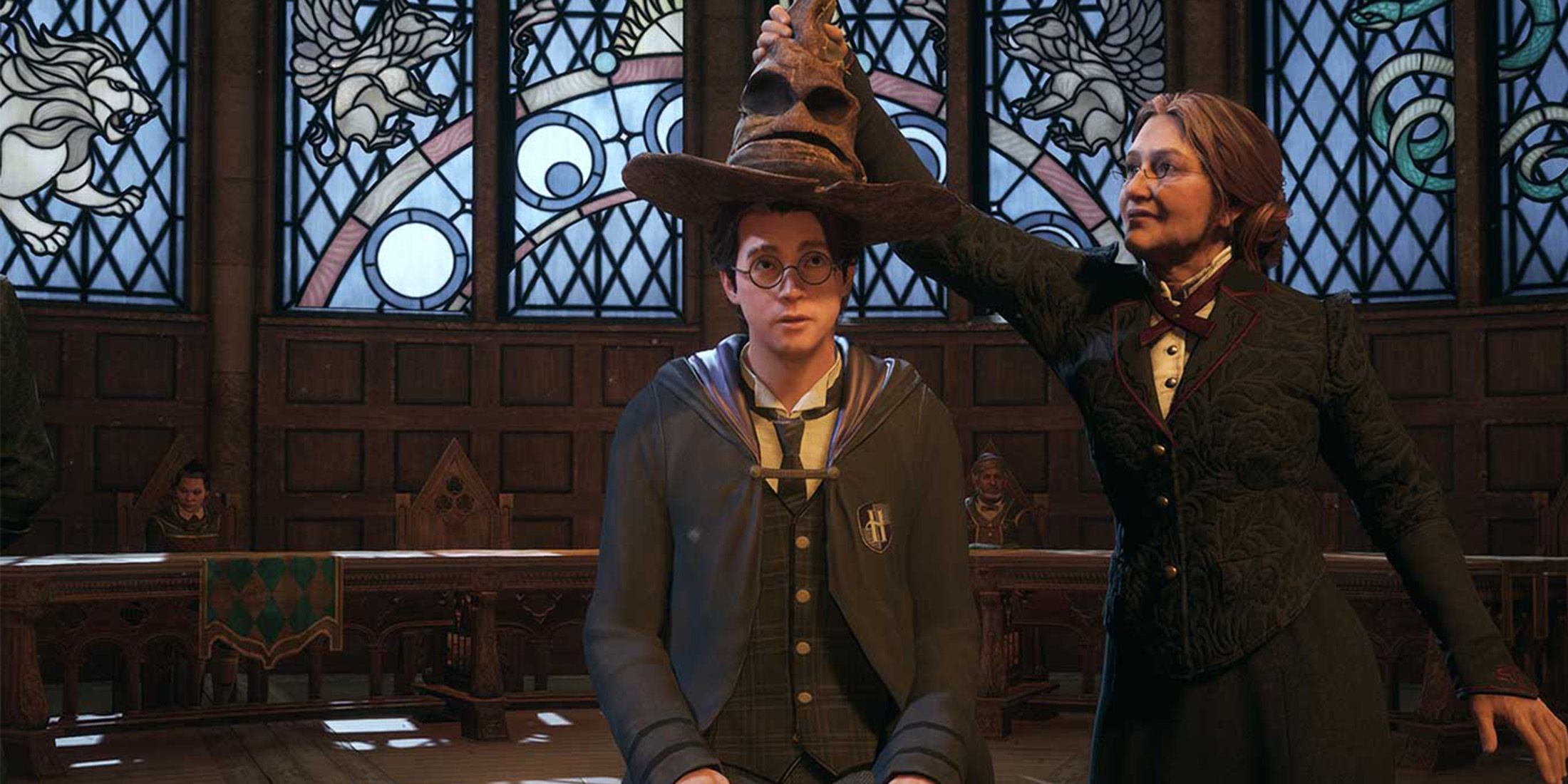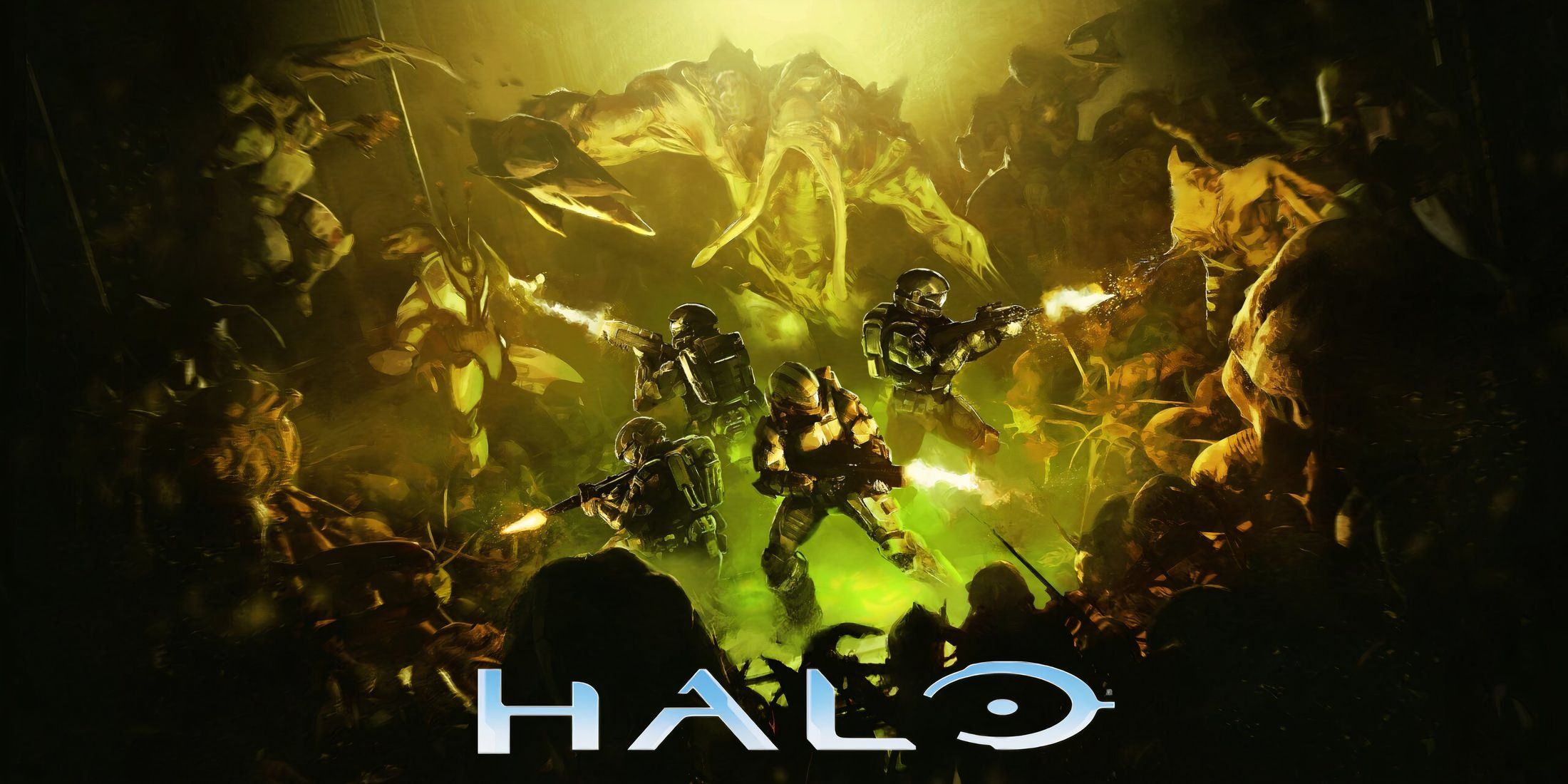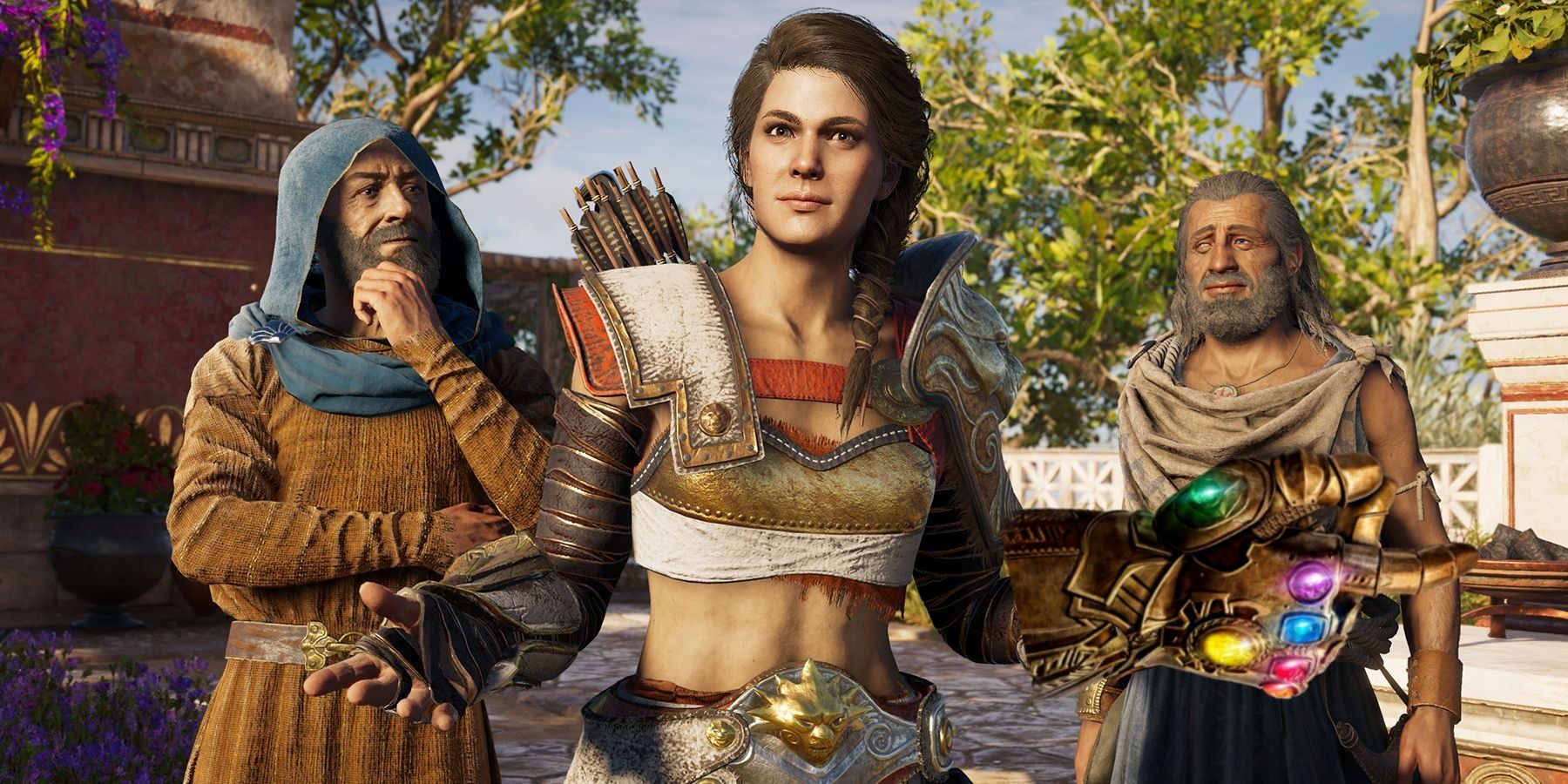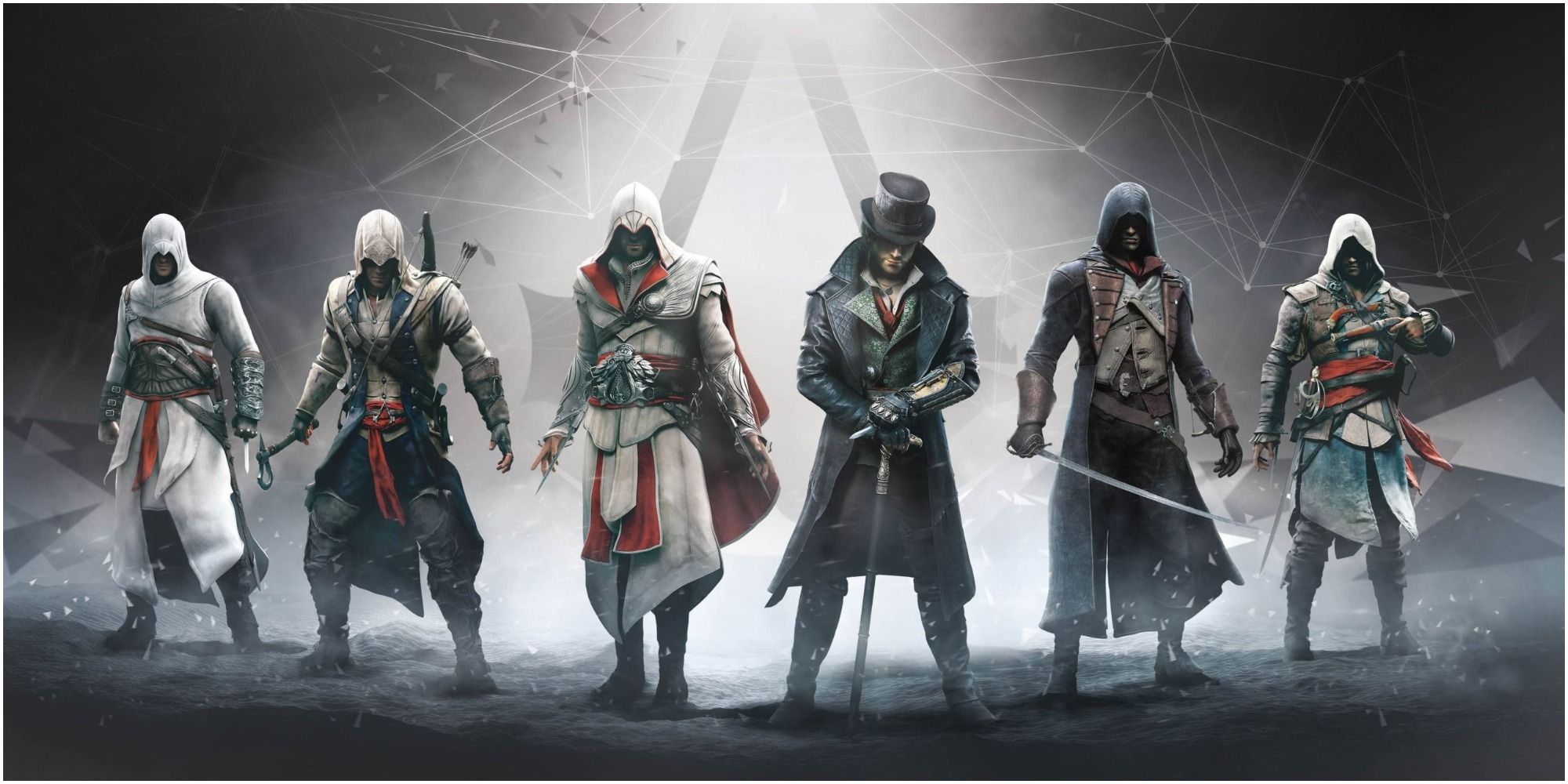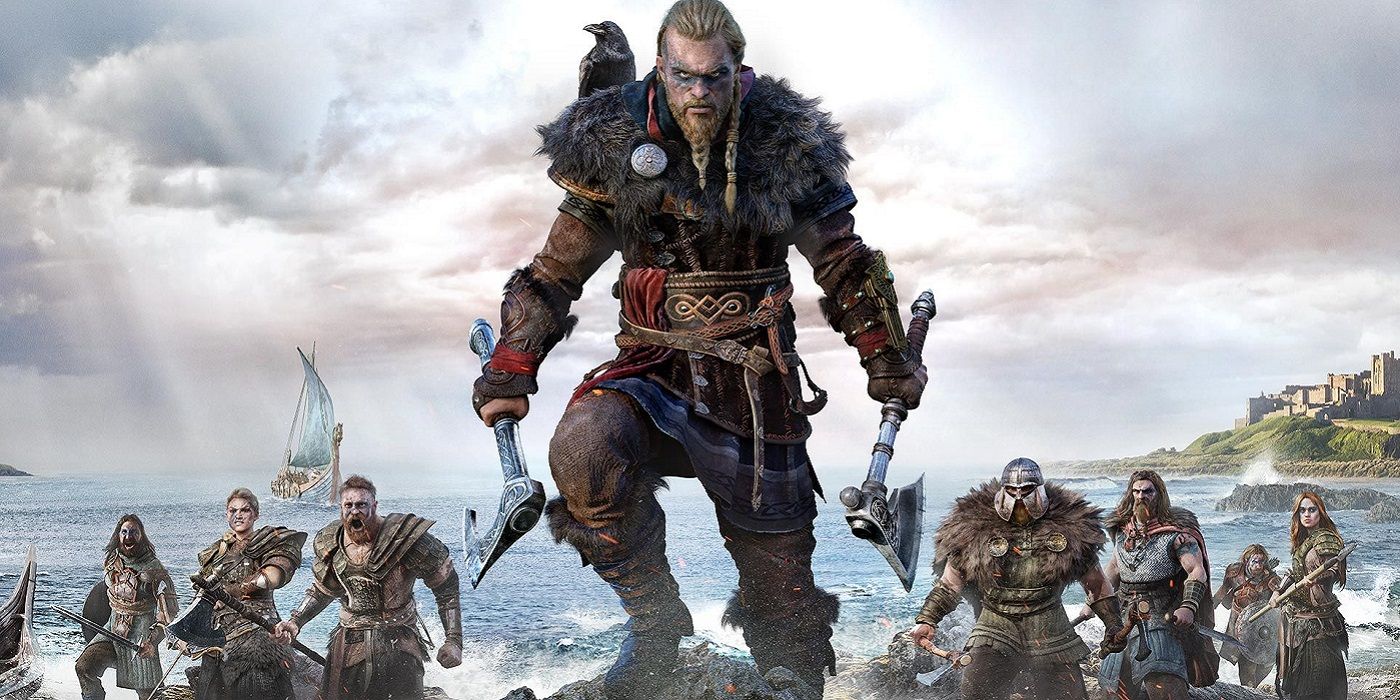Highlights
- Assassin's Creed games have transformed from constrained urban environments to sprawling RPGs, much like the evolution of the Marvel Cinematic Universe (MCU).
- Both franchises follow a high-volume release strategy, with new entries launching almost every year, which keeps them in the public consciousness and sparks excitement within the fan base.
- The storylines of Assassin's Creed and the MCU blend fantasy and science-fiction elements, creating a world of magic and spectacle with iconic characters that function as aspirational figures with special abilities and traits. The franchises also incorporate crossover content and mark firm eras with important releases.
Assassin's Creed has changed quite a bit over the years, and its identity has been considerably altered since its first release back in 2007. Although Assassin's Creed Mirage could change things, the current state of the franchise shares many traits with the Marvel Cinematic Universe, for better or for worse.
As entries in one of the most popular gaming series in the world, Assassin's Creed games have a lot to live up to; the games are expected to provide players with an engaging historical action fantasy with cutting-edge graphics and countless hours of content, all while connecting to a narrative that spans over a dozen games. The modern era of the franchise has been defined by its pivot into a sprawling RPG, eschewing the constrained, urban environments of cities like Florence and Paris in favor of lush landscapes, a wealth of loot, and a focus on progression and stats. As new Assassin's Creed games launch each year, more parallels can be drawn between the series and another pop culture mainstay.
Assassin's Creed and the MCU Have Similar Release Strategies
Although there are, generally, differences when it comes to releasing films versus releasing games, there are a few ways that Ubisoft rolls out its Assassin's Creed entries that feel similar to how Disney handles the MCU. For one thing, there is a new game in the franchise almost every single year, with very few exceptions. This is mirrored in the MCU, which doesn't allow for much time to lapse between entries. The potential motivations behind this release schedule are subject to speculation, but it makes the two franchises have a similar feel.
This high-volume strategy is somewhat controversial among Assassin's Creed fans, as it has led to many of the games feeling rushed, which can spark signs of franchise fatigue. However, it's hard to deny that it has worked to the benefit of the series from Ubisoft's perspective, as the IP remains in the public consciousness for long periods of time, and the games industry always keeps an eye on what Assassin's Creed is doing next. This can be likened to the MCU's approach to releasing several movies and TV shows within a short period of time.
Releasing a new game each year has also forces the Assassin's Creed franchise to adapt. When Assassin's Creed Unity, despite having lots of content, was poorly received, some fans were threatening to jump ship, at least in Ubisoft's eyes. The damage dealt to the series' reputation was arguably a major catalyst for the hard shift Assassin's Creed took into a more traditional RPG franchise, starting with Assassin's Creed Origins. The MCU has edited and added certain elements, such as its tone and various Easter eggs, in response to what fans have suggested or demanded--something that is made possible due to the structured, annual release schedule of the movies and TV shows.
The Story of Assassin's Creed is Like the MCU's
Assassin's Creed blends fantasy and science-fiction elements to create a world of magic and spectacle that is presented as plausible, much like the MCU. There have been countless memorable moments in Assassin's Creed, and that's thanks to the series' massive cast of iconic characters; they may not be superheroes in the stereotypical sense, but they function just like the lead character of the MCU, acting as icons, mascots, and aspirational figures with special abilities and traits.
The similarities between the MCU and Assassin's Creed have continued to grow over the years. With the Dawn of Ragnarok DLC, for instance, Ubisoft brought Cassandra into the world of Assassin's Creed Valhalla, setting a precedent for crossover content and more abject fan service. The considerable shift in the franchise with Origins is also akin to how the MCU handles phases of its movies, marking firm eras with important releases. Assassin's Creed is far from over, so it will be interesting to see if it keeps following the MCU path, or if it carves a new one.

